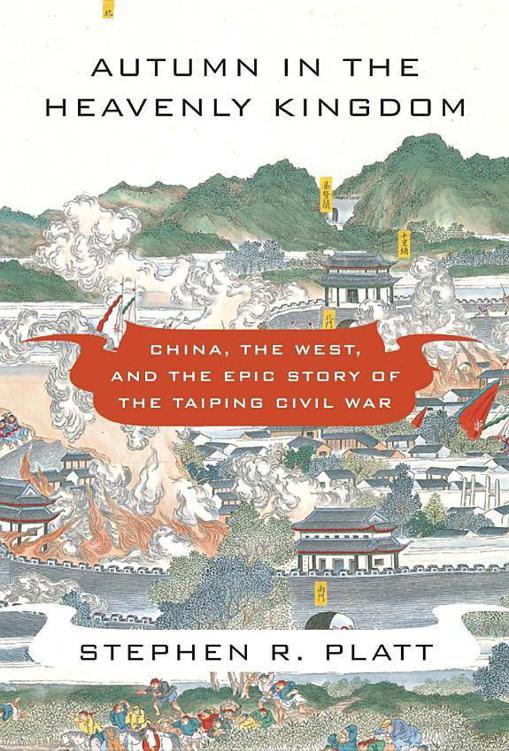Autumn in the Heavenly Kingdom: China, the West, and the Epic Story of the Taiping Civil War
english
A gripping account of China’s nineteenth-century Taiping Rebellion, one of the largest civil wars in history. Autumn in the Heavenly Kingdom brims with unforgettable characters and vivid re-creations of massive and often gruesome battles—a sweeping yet intimate portrait of the conflict that shaped the fate of modern China.
لغو
ذخیره و ثبت ترجمه





دیدگاه کاربران